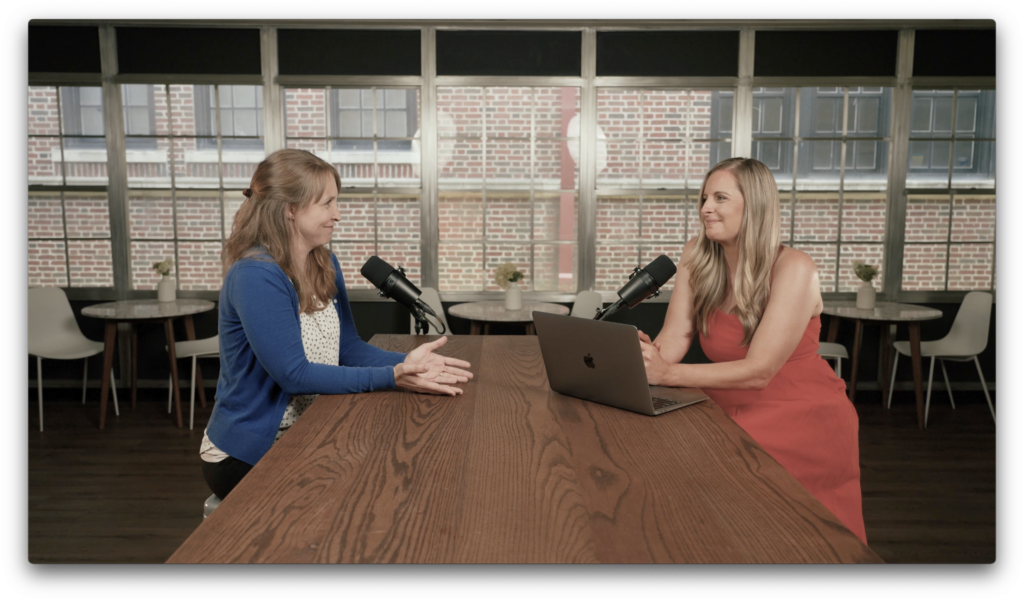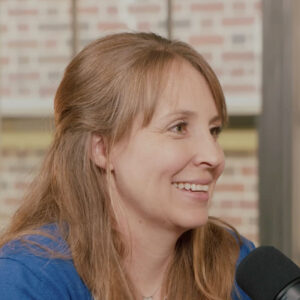
Offering Your Family to a Child in Foster Care (feat. Jennifer Clifford)
This is not working. What do we do next? After several infertility treatments, Jennifer Clifford and her husband, Ryan, asked themselves this question. After a discussion and an informational meeting about foster care, they came to the conclusion that God was closing the door to biological children and opening the door to foster care, specifically for sibling groups.
Foster care came with its own ups and downs as they learned how to navigate the licensing process and the reality of emotions that came with temporary placements. As they reflected on their first placement, they had to ask the question if they were willing to continue to foster in spite of the heartache they knew was a part of this journey.
In this episode, Jennifer shares her journey of becoming a foster parent, the lessons she learned, the realities of reunification, and how they transitioned to becoming adoptive parents.
We’re really grateful to share Jennifer’s story of stepping into foster care and then adoption. Many people reach out to The Riverside Project to find out more about becoming foster parents, and we hope this episode can be a resource to those still considering if foster care is the place they are being called to along the River.
You can also find this podcast on Apple Podcasts, Spotify, YouTube, and more.
Key Takeaways
- Have honest conversations about what you are capable of and what your support system can handle. When you become a licensed foster parent, you have the ability to set your preferences for placements. This includes if you’ll take sibling groups, what age ranges, genders, and if you’ll take children with special needs. While this may feel a bit odd, it’s important to have a serious discussion about what you can handle. You’ll also want to consider your support system. If you take a sibling group of three or more children, do you have people who can help you babysit?
- Foster care is about giving your family to a child for as long as they need. We tend to go into foster care with the mindset that we are getting a child for our families or growing our family by way of foster care. However, we should think about it as loaning our family to a child in need. The majority of foster care placements are temporary, even if the caseworker thinks it might have a chance to be permanent.
- Ask good questions. For anyone that is considering if becoming a foster parent is the right choice for them, the best way to find out more is to get plugged into a support group and ask good questions. Find out what local resources are available, hear stories from other foster parents so you know what to expect, and get a feel for the agencies in your area. As a foster parent, you have the option to choose what agency you become licensed through. You need to interview them as much as they interview you as they offer different resources and support.
Meet the Guest

Jennifer Clifford is a native Houstonian, a former foster parent turned adoptive and biological mom, and a prior Project Manager. She now spends her days helping her husband, Ryan, run their family businesses, raising and homeschooling their four children, and serving various ministries that support foster care.


